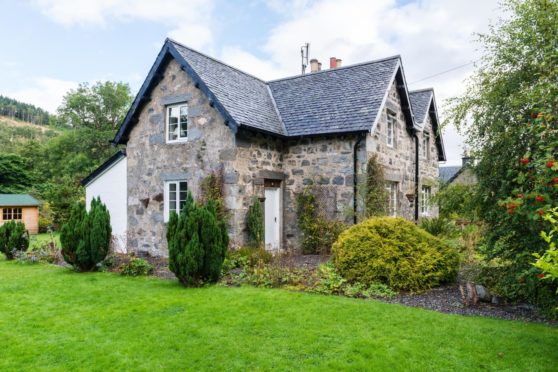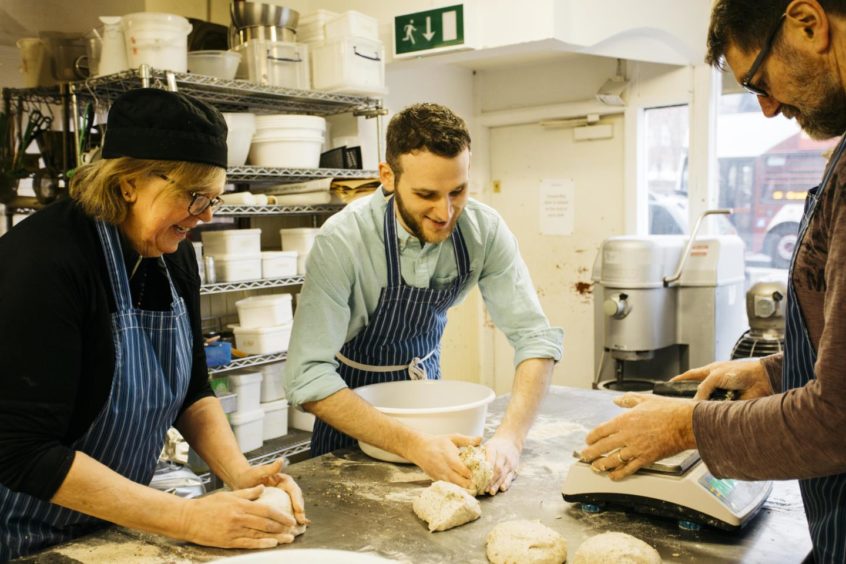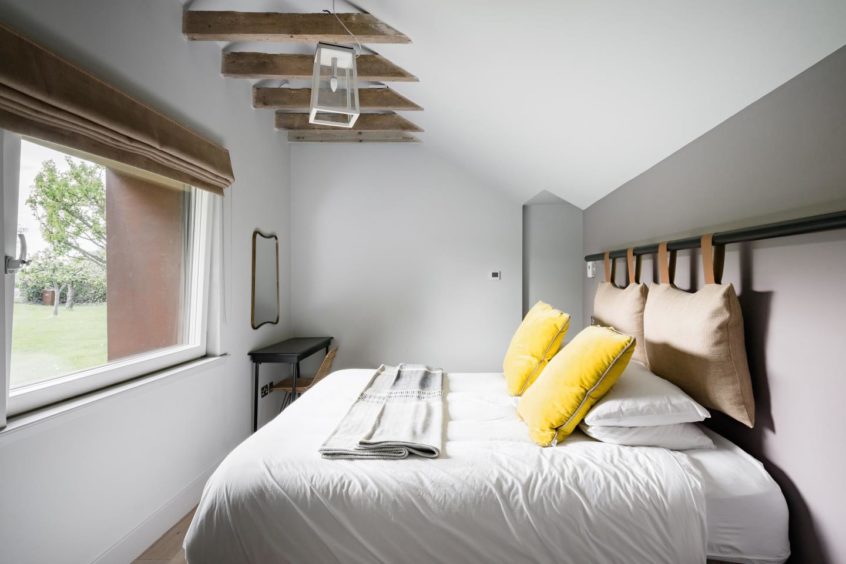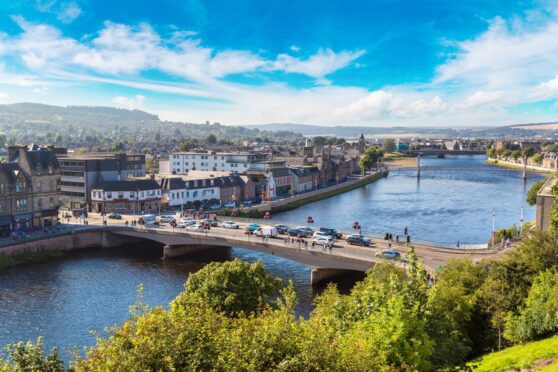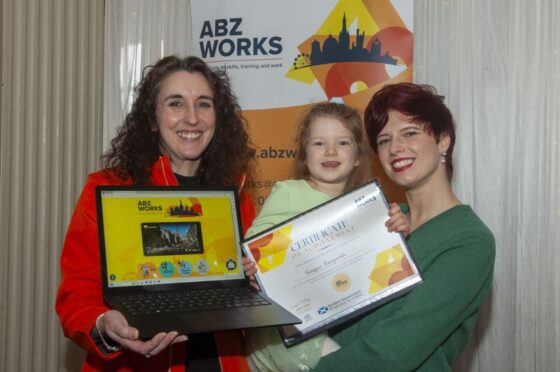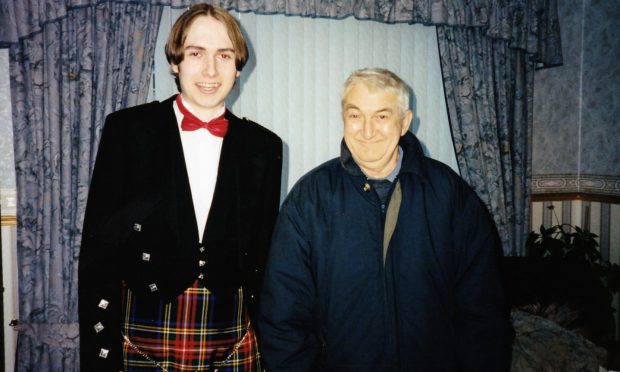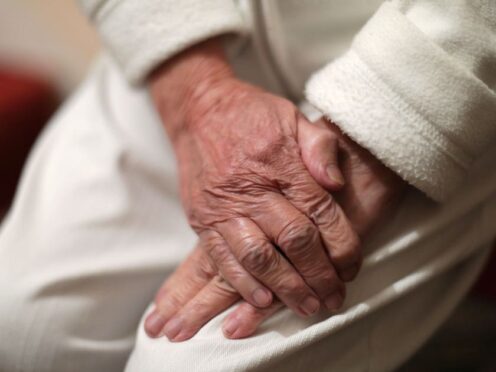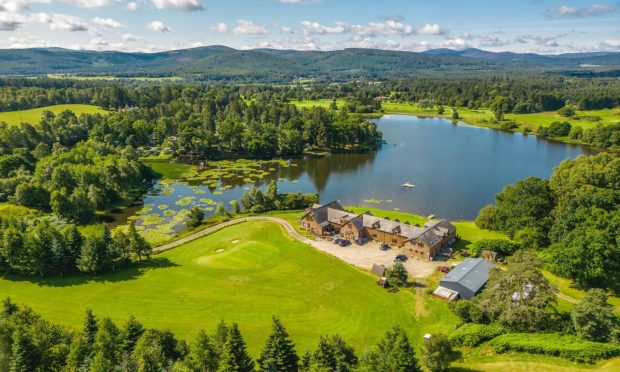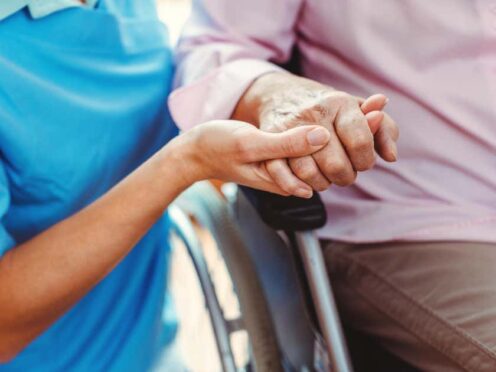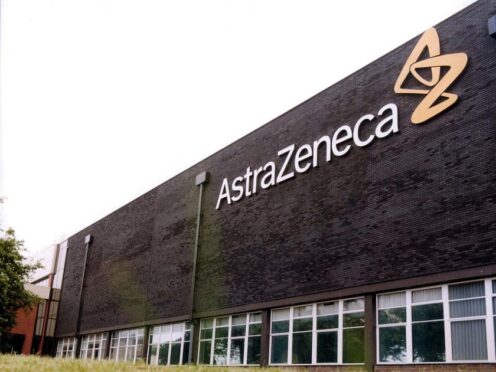If you look on Airbnb, you’ll see thousands of listings for places to stay in Scotland – from the Highlands right to the Borders. But there is much more beyond the promotion of travel destinations: not everyone knows how those listings add up to be a major contributor to the Scottish economy – and how we all benefit.
Tourism spending isn’t just about the cost of accommodation – visitors will eat, drink, shop, visit attractions and more. And for Hosts on Airbnb who live in the area, the money they make from listings is then put back into that local economy.
Most Hosts will also pay council tax or business rates on their properties, which then filters back to the community through local authority and government spending.
From tourism to the local economy
In an economic impact report compiled for Airbnb in 2020, BiGGAR Economics puts the Gross Value Added (GVA) connected to Airbnb activity in Scotland at £676.9 million a year, with more than 33,500 jobs supported by Airbnb-connected spending.
Managing director of BiGGAR Economics Graeme Blackett explained: “The GVA is the money that sticks in the economy – so only what is relevant spending to Scotland.
“The jobs connected to activity on Airbnb can be jobs within the tourism industry, but also jobs associated with Host spending, such as cleaning companies or tradespeople working on the properties.
“If you combine spending by guests and Hosts, there is spending in nearly every sector of the economy.”
The Highlands and Edinburgh
The two local authority areas with the highest GVA and connected jobs are the Highlands and the City of Edinburgh.
“For the Highlands, activity like the NC500 are bringing people to the area, but because there’s maybe not the same provision of hotels as you’d see in cities, it’s listings on Airbnb that are holding people in that economic area, where they are spending money.”
However, with proposed legislation that would require Hosts on Airbnb (and other short-term let property owners) to be registered and pay fees, there is a risk that there may be a drop in listings and with that, a drop in both money and jobs.
He added: “If passed, this policy could become a barrier for Hosts because if you make something more expensive, less people will do it. Especially if it’s something that isn’t a main source of income.
“And if there’s a reduced supply of accommodation in an area, that will lead to a drop in the number of tourists visiting and will affect both the economy and jobs.”
The positive – ad negative – effect of legislation
Graeme added that while some see the policy as a way of solving a problem Edinburgh faces with housing prices and demand for properties, it could have a negative impact in other areas.
He explained: “One reason given for this proposed legislation is that holiday lets affect the housing market and affordability. But the cost of housing is a problem around the world, even in areas where tourism isn’t a big factor.
“If the objective is to solve the housing problem, the effect of this legislation on that would be marginal.”
He continued: “The government needs to look at whether the negative economic impact of the legislation is worth it, because there is quite a variation around the country.
“For example, in the Western Isles the GVA is £6million and associated jobs is around 300. In the grand scheme of the national economy that’s not big, but it is a lot for the Western Isles and to lose that could be devastating.”
What is proposed?
In November, the Licensing Order will be laid at the Scottish Parliament. If approved, local authorities will have until 1 October 2022 to establish a licensing scheme for short-term lets and existing hosts will have until 1 April 2023 to apply for a licence.
In a consultation document published by the Scottish Government in June, it states: “Short-term lets have become the subject of much controversy in some parts of Scotland and evoke strong opinions.
“Our 2018-19 Programme for Government made a commitment to ensure that local authorities have appropriate regulatory powers to balance the needs and concerns of their communities with wider economic and tourism interests.”
